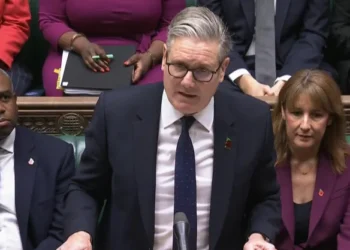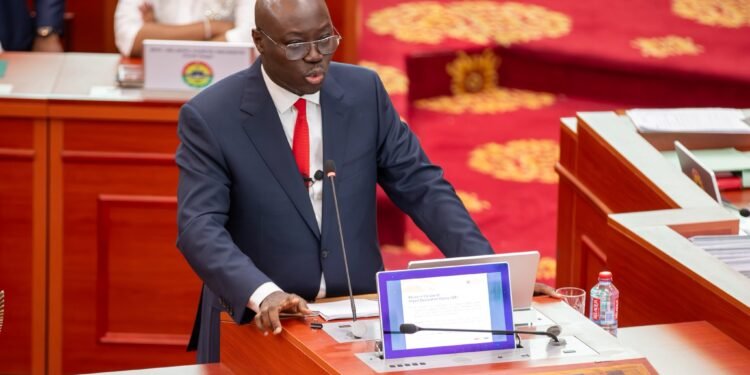Britain is reportedly preparing to offer the European Union an “Australian-style” youth mobility scheme as part of Sir Keir Starmer’s efforts to reset post-Brexit relations with the bloc.
Under the proposal, tens of thousands of young workers and students from the EU would be permitted to live and work in the UK for up to three years. In return, Britons aged 18 to 30 would receive similar access to European countries.
A youth mobility scheme has been a contentious issue in UK-EU negotiations, with Downing Street previously rejecting the plan. Ministers fear that agreeing to such a deal could be perceived as a step toward reinstating “freedom of movement” and a departure from Brexit commitments.
However, to address concerns over immigration figures, the proposed agreement would include a cap on the number of participants. Those coming to the UK would be required to pay a National Health Service (NHS) surcharge but would not have access to welfare benefits.
The Liberal Democrats welcomed the potential breakthrough, describing it as a “victory for common sense.” James MacCleary, the party’s Europe spokesman, emphasized that the move could help mend the UK’s strained relationship with the EU and reduce “Brexit red tape” that has hampered economic growth.
Dr. Mike Galsworthy, chairman of the European Movement UK, hailed the initiative as a positive step. “This is welcome news. We need to start pulling this country out of the no-growth quagmire of Brexit and start giving people hope for a better, brighter future,” he said.
Naomi Smith, chief executive of the Best for Britain campaign group, echoed similar sentiments, calling the plan a “very welcome and common sense move” that would provide opportunities for young Britons and address labor shortages affecting businesses across the UK.
However, the Conservative Party strongly opposed the reported proposal, accusing Labour of undermining Brexit. The Tories compared the potential deal to the government’s controversial decision to return the Chagos Islands to Mauritius, warning that “when Labour negotiate, the UK loses.”
“Within months of coming to office, Labour are already betraying Brexit by steering Britain back to being a rule-taker and opening the door to free movement returning.”
Shadow Foreign Secretary Dame Priti Patel

Keir Starmer has expressed a desire to secure an “ambitious” post-Brexit agreement with Brussels ahead of a key UK-EU leaders’ summit in May. European leaders, however, are expected to push for additional concessions, including changes to healthcare fees, overseas university tuition costs, and the proposed cap on youth mobility visas.
Comparisons to Existing Agreements
The UK already has a youth mobility scheme with Australia, under which 45,000 visas were issued last year. Participants paid an average of £1,552 in NHS surcharges and a £298 application fee. Reports suggest that a potential EU agreement could be capped at 70,000 visas annually, though no final decision has been made.
Britain currently maintains youth mobility deals with 12 countries, including New Zealand, South Korea, Iceland, Uruguay, Hong Kong, and Taiwan. The push for an EU deal has gained traction within Labour ranks, with the Labour Movement for Europe, a pro-EU faction, advocating for an agreement.
On Tuesday, London Mayor Sadiq Khan publicly endorsed the proposal, stating he was “strongly in favour” of a youth mobility scheme with the EU.
Despite these developments, the government remains cautious. A spokesperson reaffirmed that “we do not have plans for a youth mobility agreement.”
However, they acknowledged the broader goal of resetting UK-EU relations to enhance “security, safety, and prosperity.” While the government is open to “sensible proposals,” officials reiterated their firm stance that “there will be no return to freedom of movement, the customs union, or the single market.”
As negotiations continue, the fate of the youth mobility scheme remains uncertain, but its potential impact on young people and businesses could shape the next phase of UK-EU relations.
READ ALSO: Yul Edochie Gives His Two Cents on DNA Tests























